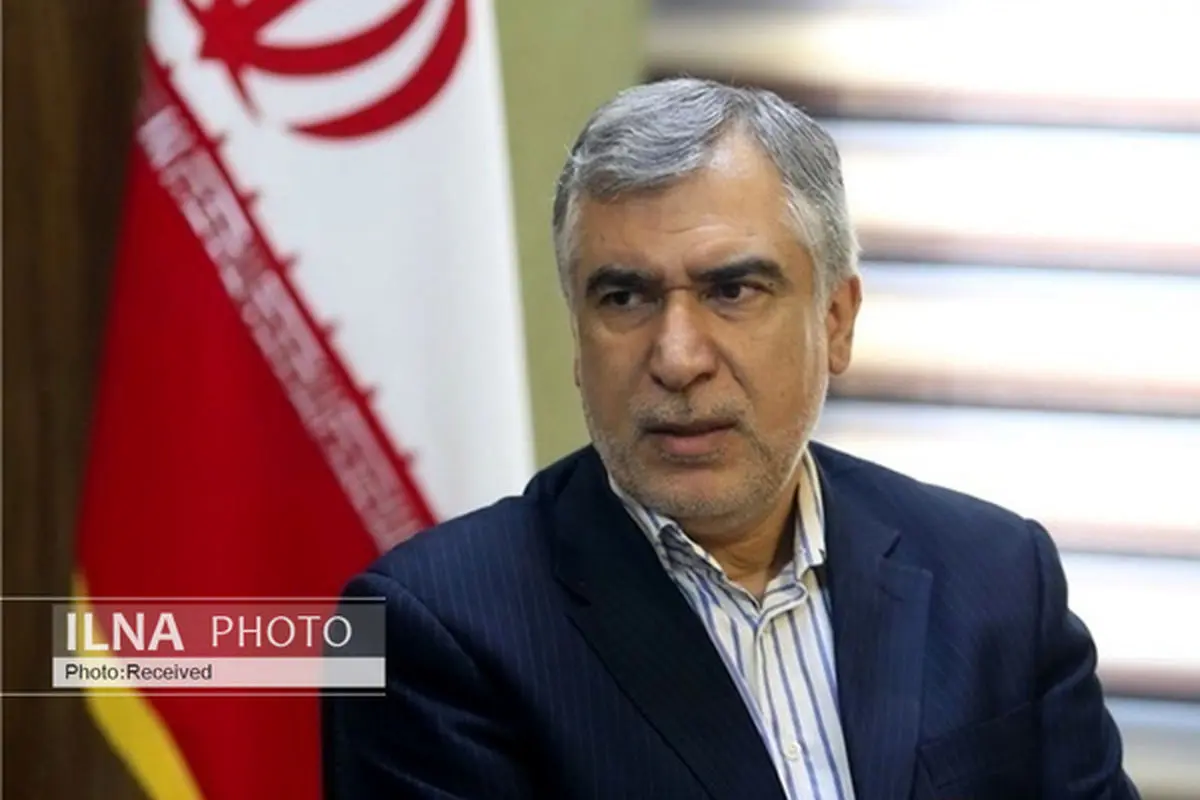Accumulation of radicalism in Afghanistan can lead to crisis: Expert

The former Iranian ambassador to Afghanistan has said that the important issue is that there wasn't even one Afghan national in the September 11 attacks but the U.S. launched a military operation against Afghanistan under the pretext of fighting terrorism.
Two decades after the attacks of September 11, there are many ambiguities that the U.S. hasn’t answered to them, Abolfazl Zohrevand said in an exclusive interview with ILNA.
The September 11 project deeply affected the world by affecting world public opinion and creating a global convergence for the U.S., he added.
The important issue is that there wasn't even one Afghan national in these attacks but the U.S. launched a military operation against Afghanistan under the pretext of fighting terrorism, he said, adding that in the second step the U.S. dispatched its military force to Iraq.
He emphasized that these two issues have shown that the September 11 case was only a predetermined project, and the U.S. at that time sought to make public its presence in the region under the pretext of fighting terrorism.
Based on that, I believe that the U.S. wants to turn Afghanistan into a black hole so that the governments of the region face problems, he noted.
The fact that 21 years have passed since September 11 and the Taliban, Al-Qaeda, and other currents still continue to exist in different ways reminds us that we are witnessing the accumulation of radicalism in Afghanistan, which can lead to a crisis, he added.
